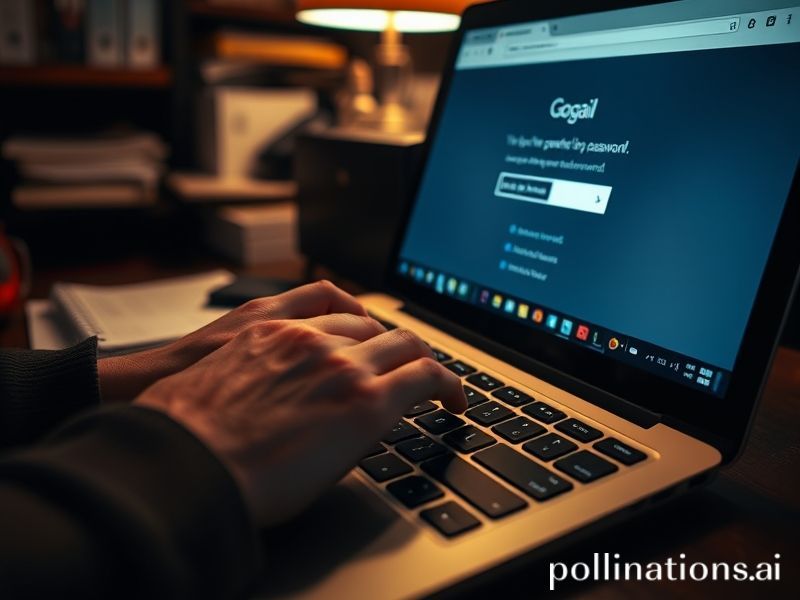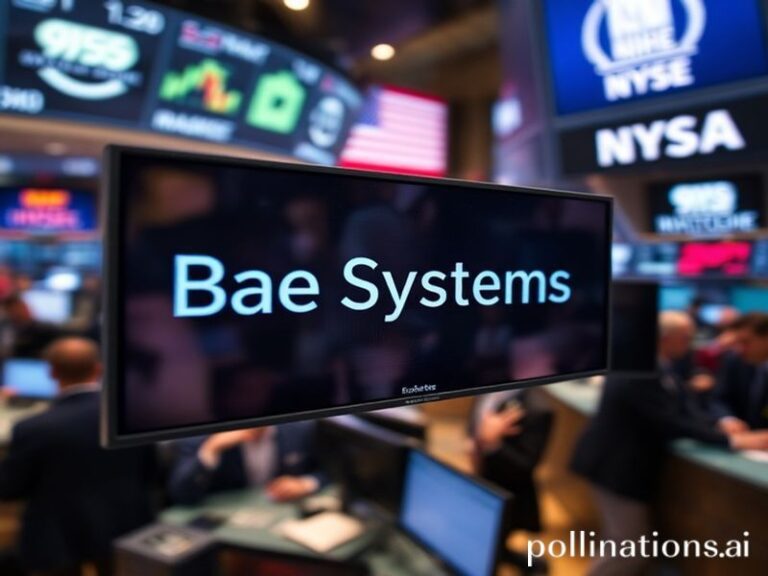Gmail Password Panic: The Global Scramble for Digital Sanity
**Gmail Passwords: The Global Scramble for Digital Sanity**
Alright, folks, gather ’round. We’re about to dive into the digital dumpster fire that’s been trending globally: **Gmail passwords**. Yes, you read that right. It’s not the latest TikTok dance or a celebrity feud this time. It’s the humble, often forgotten, yet oh-so-crucial string of characters that stands between us and digital chaos.
**Why is this trending, you ask?**
Well, buckle up, because it’s a wild ride. Recently, there’s been a flurry of reports about Gmail users receiving notifications that their accounts might have been compromised. Google, in its infinite wisdom (and perhaps a touch of panic), has been urging users to change their passwords. And just like that, the internet collectively remembered that they have a Gmail account, and it’s been a domino effect of password resets ever since.
**Cultural Context: The Password Paradox**
In the grand tapestry of internet culture, passwords are the unsung heroes. They’re the bouncers at the club of our digital lives, letting us in while keeping the riff-raff out. But here’s the paradox: we love them and hate them in equal measure. We love the security they provide, but we hate the inconvenience they bring. We want them to be strong and complex, but we also want to remember them.
Enter the Gmail password reset frenzy. It’s like the digital equivalent of a fire drill. We’re all suddenly aware of the importance of our passwords, but we’re also grumbling about the inconvenience. It’s a classic case of “I know I need to do this, but I don’t want to.”
**Social Impact: The Ripple Effect**
The impact of this trend is far-reaching. For one, it’s a stark reminder of our digital vulnerability. We’re all just one weak password away from a world of hurt. It’s also a wake-up call for those who’ve been using “password123” since the dawn of time (you know who you are).
Moreover, it’s a boon for the meme culture. The internet has been flooded with memes about the struggle of resetting passwords, the fear of being hacked, and the sheer panic of realizing you’ve forgotten your new password. It’s a testament to our collective ability to find humor in the face of digital adversity.
**Significance: The Elephant in the Room**
But beneath the humor and the chaos, there’s a significant issue at play. Our digital lives are increasingly intertwined with our real lives. Our emails contain sensitive information, from bank details to personal conversations. A compromised Gmail account isn’t just an inconvenience; it’s a potential disaster.
This trend is a wake-up call. It’s a reminder that we need to take our digital security seriously. It’s a nudge to stop using “qwerty” as a password. It’s an invitation to explore the wonders of password managers and two-factor authentication.
**Conclusion: The Road Ahead**
So, where do we go from here? Well, for starters, we reset our passwords. And this time, we make them strong. We use a mix of uppercase and lowercase letters, numbers, and symbols. We make them unique, like a digital fingerprint.
We also take this opportunity to educate ourselves about digital security. We learn about phishing scams, we understand the importance of two-factor authentication, and we explore the wonders of password managers.
In the end, the Gmail password trend is more than just a fleeting internet fad. It’s a cultural moment, a social impact, and a significant reminder of our digital vulnerability. It’s a call to action, a nudge towards a more secure digital future. So, let’s rise to the occasion. Let’s reset our passwords, and let’s do it with a smile. After all, in the grand scheme of things, it’s just a small price to pay for a world of digital sanity.







